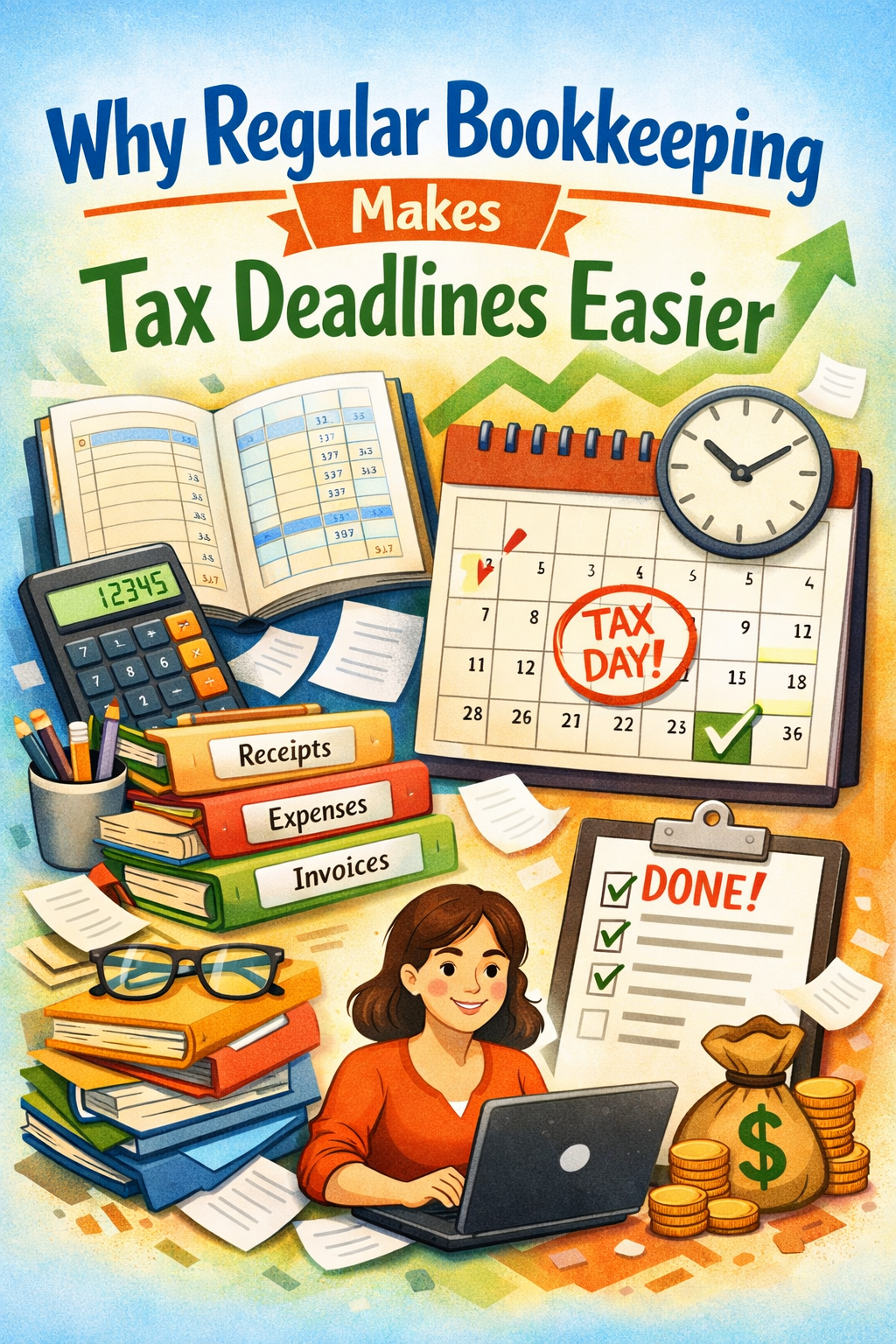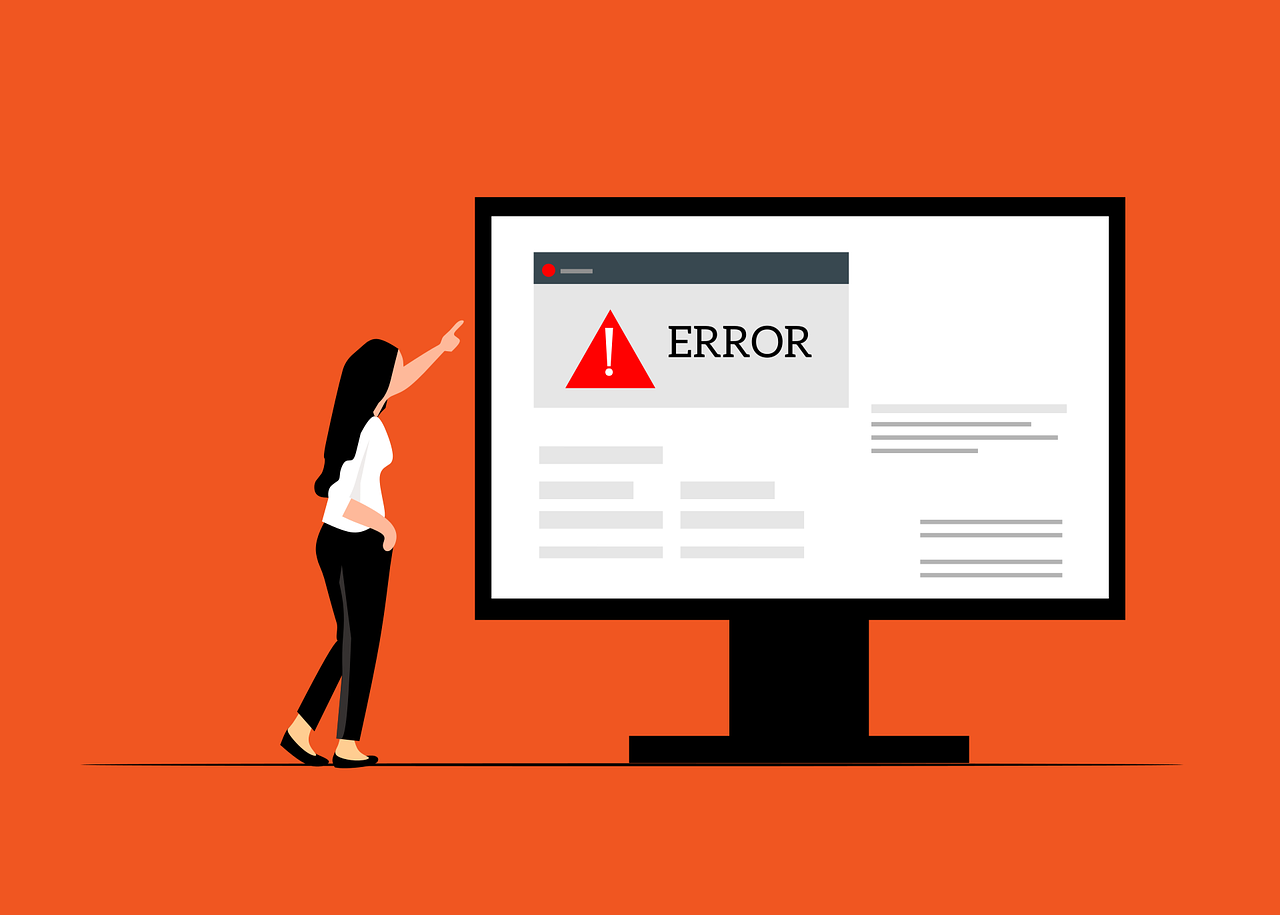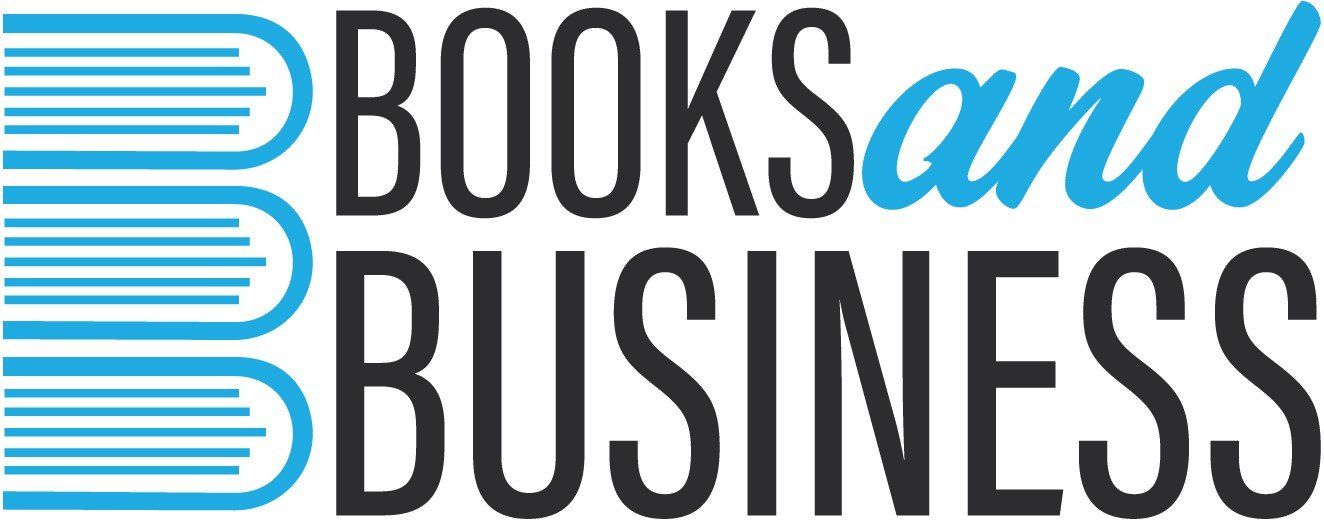Simplifying bookkeeping during the summer holidays
The summer holiday season often brings a welcome break from the daily grind, but for small business owners, it can also create challenges in maintaining consistent bookkeeping practices. Balancing leisure with financial management is crucial to ensure your business remains on track. Here are some tips to make your bookkeeping easier during the summer holiday period:
1. Automate Where Possible
Automation is your best friend during busy or relaxed times. Use accounting software like QuickBooks, Xero, or Sage to automate recurring tasks such as invoicing, payroll, and expense tracking. Setting up bank feeds can also automatically import and categorise transactions, reducing manual input and errors.
2. Plan Ahead
Before your holiday kicks off, take some time to plan your finances. Schedule payments and set reminders for important deadlines like VAT returns or payroll submissions. Preparing in advance ensures that nothing slips through the cracks while you're enjoying your time off.
3. Delegate Tasks
If you have a team, consider delegating some of the routine bookkeeping tasks. Training a trusted employee or hiring a part-time bookkeeper to manage the basics can help keep your records up-to-date while you’re away.
4. Set Up a Routine
During the summer, it's easy to let bookkeeping tasks pile up. Avoid this by setting aside a specific time each week to update your books. A consistent routine will help you stay on top of things, even if you're only working a few hours.
5. Go Mobile
If you need to stay on top of your finances while on the go, ensure that your accounting software has a mobile app. Mobile bookkeeping apps allow you to manage your finances, send invoices, and check your cash flow from anywhere, making it easier to stay connected even when you're out of the office.
6. Outsource If Necessary
If the thought of managing bookkeeping during the holidays feels overwhelming, consider outsourcing it to a professional like Books and Business. Hiring an external bookkeeper can give you peace of mind, knowing that your finances are being handled by an expert while you focus on recharging.
By implementing these strategies, you can enjoy your summer holidays without compromising on your business’s financial health. Proper planning, automation, and delegation can make bookkeeping a breeze, leaving you free to relax and recharge.
We offer bespoke Bookkeeping packages including ad hoc training, please get in touch for a quote.




